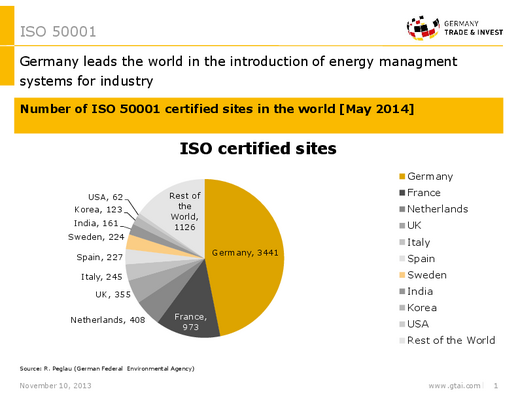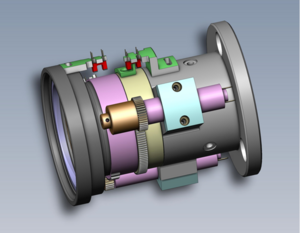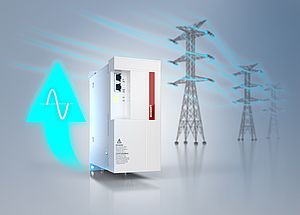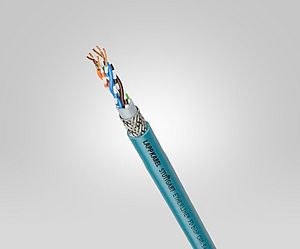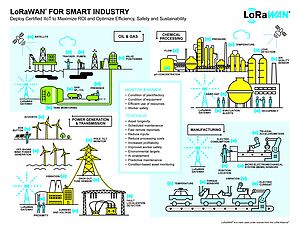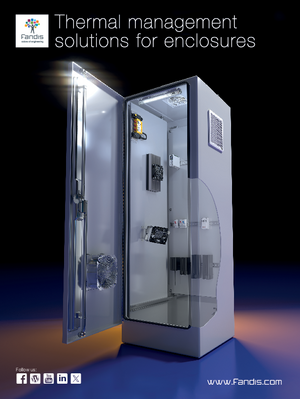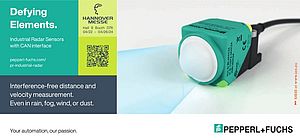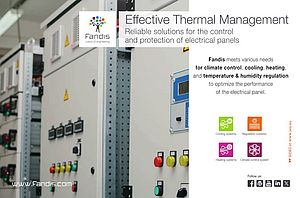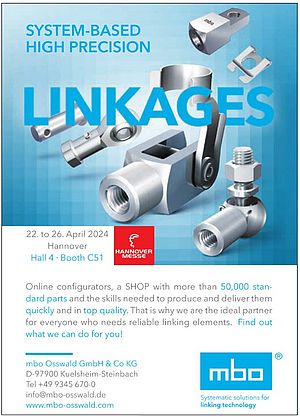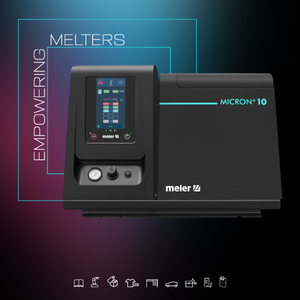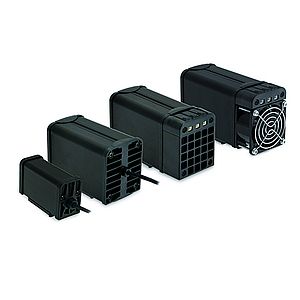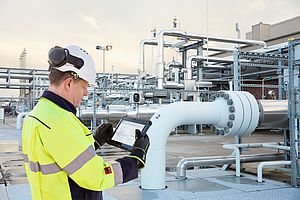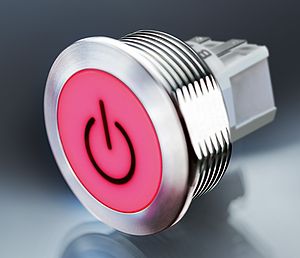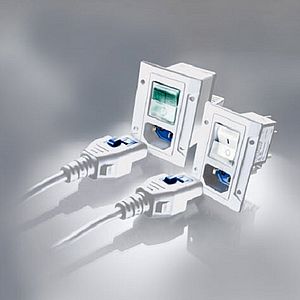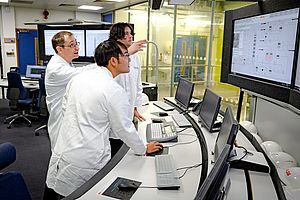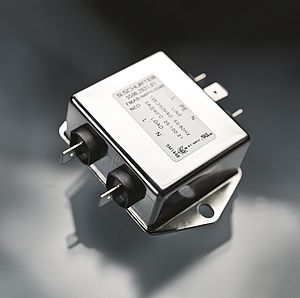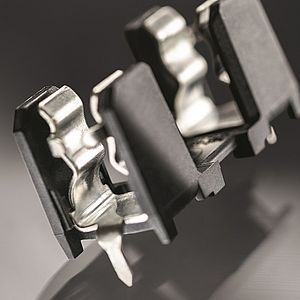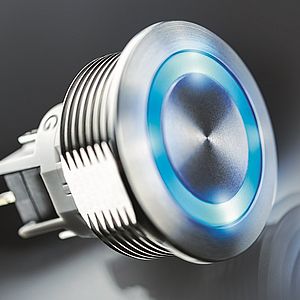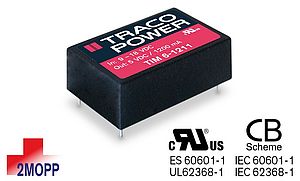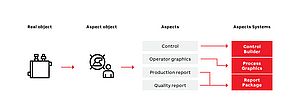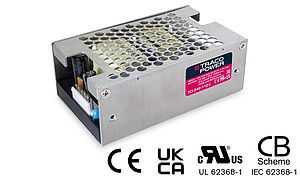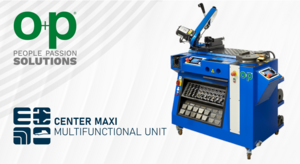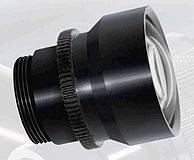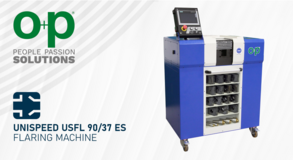The American Council for an Energy-Efficient Economy (ACEEE) recently ranked Germany number one among the world's large economies for its efforts to improve energy efficiency. The report had especially high praise for the industrial energy efficiency improvements and support programs in Europe's manufacturing hub. The International Energy Agency has shown that the bulk of Germany's energy savings since 1990 were not achieved due to structural changes in the economy but actual efficiency improvements.
However, Germany is not being complacent as it moves towards its ambitious energy efficiency targets under the national Energiewende policy and aims to truly decouple economic growth and energy consumption. Industry plays a crucial role in this. To this end, the government is currently finalizing an energy efficiency action plan which will be presented by the end of the year. You would think that efficiency is not a difficult sell in Germany, and indeed much of the low-hanging fruit has been harvested.
Yet Siemens has calculated that with existing technologies, German industry could still profitably (IRR>8%) save 199 TWh per year at an investment of 93 billion euros. This massive untapped potential translates into a business opportunity. Although state subsidies for energy consulting and efficient production equipment are available, energy efficiency solution providers will have to help their customers overcome remaining obstacles: the reduction of payback times and investment risk with new business models and technologies is the key. More and more businesses are taking a systematic approach to energy saving. Germany is by far the most eager adopter of ISO 50001 energy management systems (EMS) and currently accounts for almost half of the certified sites globally. The industry's interest in EMS is largely driven by cost concerns: energy prices have been on the rise, particularly electricity prices, which have been driven by renewables surcharges and taxes.
The German government offers energy tax breaks and surcharge exemptions to significant industrial energy consumers on the condition that they introduce certified EMS or conduct audits in the case of smaller companies. Those companies not seeking tax breaks can get state support for introducing an EMS, including grants for the necessary equipment and software. Since this regulation is rather new, we do not know yet how many companies will eventually take advantage of all the tax incentives, although auditors and certification bodies are doing a brisk trade. Used properly, the proliferation of EMS should stimulate further and continuing investments in energy efficiency solutions.
A new University of Stuttgart survey shows that for 35% of German manufacturers, energy efficiency is already a stand-alone reason for investments and not just a welcome side effect of purchasing new equipment.By Henning Ellermann, energy efficiency expert at Germany Trade & Invest.
Ambitions and opportunities
in the German industrial energy efficiency market
- September 9, 2014
- 238 views


